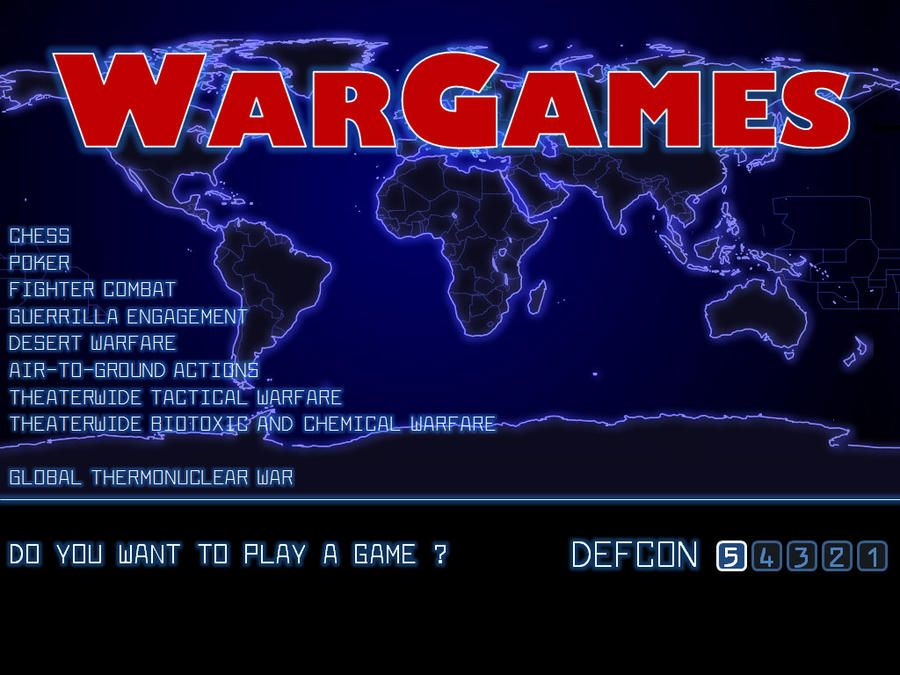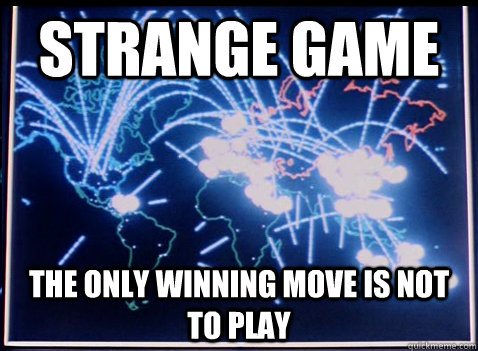Here
I am on blogger writing a blog entry about blogs.

What are blogs and why do people write them? There are many types of blogs.
There are many types of blogs.

What are blogs and why do people write them?
Aside from the standard informative blogs, there are 'art blogs' which of course are artistically based, 'photblogs' resembling Instagram, video blogs called 'vlogs' and audio blogs known as 'podcasts'. In education, blogs can be used as instructional resources. For instance, my blog would be referred to as an edublog, as it was assigned for the semester to engage the course content. I think this concept was a great idea, as blogging turned out to be a very effective way to engage the course content. It forced me to think critically about issues while outside the classroom, and knowing that I have to post responses, prompts me to research the topics to then state my views.
Before creating my first blog in the spring, I thought one needed to have computer coding HTML knowledge to post on the web. Lucky for me, there are user friendly sites such as
Had it not been a class requirement, I would have still chosen to blog as I've always been better at expressing myself through writing than speaking. I am always multitasking, so I find that I have to make reminders of things, or else I run the risk of totally forgetting. When I was younger I would keep a diary to write down a day's worth of adventures as I was determined to write an autobiography. At fifteen I was convinced that my life could be a movie, so I transferred my experiences onto a laptop. Unfortunately I lost access to that p.c. and at the time I did not yet own a flash drive, so majority of my memories are lost to me. If I knew about blogs then, I could have created my very own; diary style and posted my story. Who knows, maybe i would have published a book.
A very successful blog is the insanely popular TMZ site, which boasts 30 million monthly visitors!!!
"This blog is popular for a reason...we are curious about how the elite live with fame and fortune – sometimes a life to which we aspire. TMZ feeds this desire for such information while feeding and sustaining the desire for more content on the subject. The headlines – specific, salacious, and appealing – pique curiosity." http://contentmarketinginstitute.com/2015/05/learn-popular-blogs/
This is clearly an effective strategy as evidenced by the fact that TMZ's visitors are in the millions. If I had a blog, I would take this lesson and run with it. I would grab my readers' attention with intriguing headlines and offer exclusive information in my blog to keep them coming back for more.




